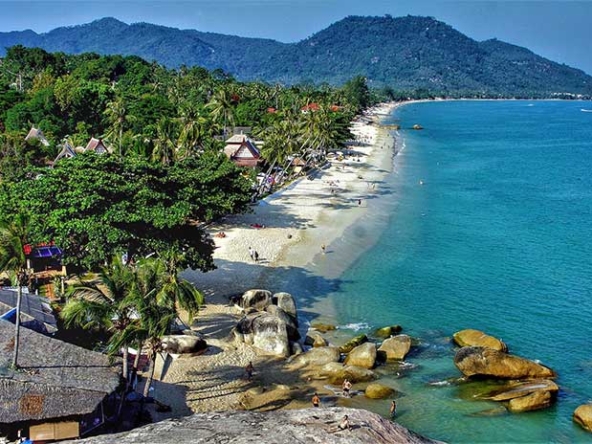Decentralisation forges ahead in leading tourist areas.
Koh Samui and Mae Sot top the list of municipalities with the potential to be upgraded to special administrative zones along the lines of Bangkok and Pattaya. The government panel on decentralisation, headed by Prime Minister Abhisit Vejjajiva, has assigned former Bangkok governor and now Mr Abhisit’s adviser Apirak Kosayodhin, to head a feasibility study on upgrading the two municipalities.
One of the aspects to be considered is the potential for revenue generation.
Koh Samui municipality in Surat Thani and Mae Sot municipality in Tak seem to have the most potential.
Tourism had become the main source of revenue for Koh Samui while Mae Sot’s main income source was the border trade with Burma, said Orawan Khumsap, a senior Interior Ministry official with the Local Administration Department.
Trying to upgrade the two areas to special administration zones was part of the government’s plan for power decentralisation, Ms Orawan said.
Other areas being looked at are Laem Chabang and Si Racha municipalities in Chon Buri.
Ms Orawan said more decentralisation would encourage people to participate in and come up with initiatives to develop their own areas.
In addition to the Bangkok Metropolitan Administration and Pattaya City, the country now has 75 provincial administrative organisations, 1,136 municipalities and 6,740 tambon administration organisations.
The committee, set up shortly after the coalition government took office in December last year, is duty-bound to promote decentralisation.
The constitution requires the government to allocate 35% of its budget to local administration offices as part of the decentralisation plan. Allocation is now around 25% and there is no timeline as to when it will meet the requirement.
But Deputy Interior Minister Thaworn Senneam said the Democrat Party-led government was serious about supporting the decentralisation policy and would make available 35% of revenues to local agencies as soon as possible.




